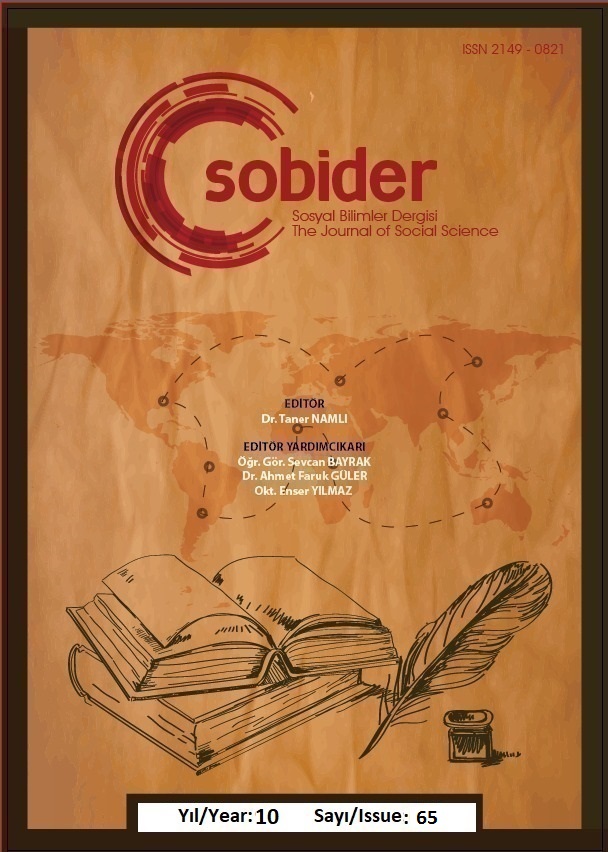RUS DIŞ POLİTİKASINA ETKİ EDEN AVRASYACILIK AKIMI VE BU AKIMIN PUTİN DÖNEMİ RUS DIŞ POLİTİKASINA YANSIMASI
Author :
Abstract
Batılılaşma ve gelenekçilik düşünceleri, 19. yüzyıl Rus düşünce hayatını şekillendirmiş olan Avrasyacı fikir akımı ile doğrudan bir bağ kurmuştur. Batıcılık akımı Rusya’da Petro dönemiyle birlikte önemli ölçüde etkisini göstermeye başlamıştır. Yukarıdan aşağıya doğru toplum içinde gerçekleşen reform hareketleri ve Batılılaşma, fikir alanında gerici olarak nitelendirilebilecek iki temel eğilimin ortaya çıkmasına zemin hazırlamıştır. Kendilerini Batıcı olarak adlandıranlar, Moskova’nın hızlı ve yeterli bir düzeyde Batılılaşmamış olduğunu iddia ederek eleştirilerde bulunmuşlardır. Gelenekselciliği Rusya’nın Batılılaşmasına karşı bir duruş olarak savunan Slavofil fikir adamları da aynı mecrada Batıcılara muhalif olmuştur. Gerek gelenekselci gerekse Batıcı akımlar homojen olmamalarına rağmen, Rus kimlik inşasında Batı’yı merkeze koymuşlardır. Batılı düşünce akımı üzerinden sürdürülen tartışmalar Avrasyacı düşünüş biçiminin de esas niteliğini oluşturmaktadır. Öte yandan, Avrasyacı anlayışın mensupları, yerliler ve Batıcılar arasında gidip gelen Rusya’nın tarihsel rolü ve Rus aidiyeti gibi konulara üçüncü yol diye tanımladıkları yepyeni bir bakış açısı getirmeye çalışmışlardır. Bu makalede, Avrasyacılık düşünce akımının Rusya’daki evrimi incelenecek ve bu akımın Rus dış politikasındaki etkisi analiz edilecektir.
Keywords
Abstract
The ideas of Westernisation and traditionalism have established a direct link with the Eurasianist intellectual movement that shaped the Russian intellectual life in the 19th century. The Westernisation movement started to have a significant impact in Russia during the reign of Peter. The reform movements and Westernisation, which took place in the society from top to bottom, paved the way for the emergence of two main tendencies that can be described as reactionary in the field of ideas. Those who called themselves Westernists criticised Moscow, claiming that it had not Westernised quickly and sufficiently. Slavophile intellectuals, who defended traditionalism as a stance against the Westernisation of Russia, opposed the Westernists in the same vein. Although both traditionalist and Westernist movements were not homogeneous, they put the West at the centre of Russian identity construction. Discussions based on the Western thought also constitute the main characteristic of the Eurasianist way of thinking. On the other hand, the members of Eurasianism have tried to bring a new perspective, which they define as the third way, to issues such as the historical role of Russia and Russian belonging, which have been oscillating between the nativists and the Westerners. This article examines the evolution of Eurasianism in Russia and analyses its impact on Russian foreign policy.
